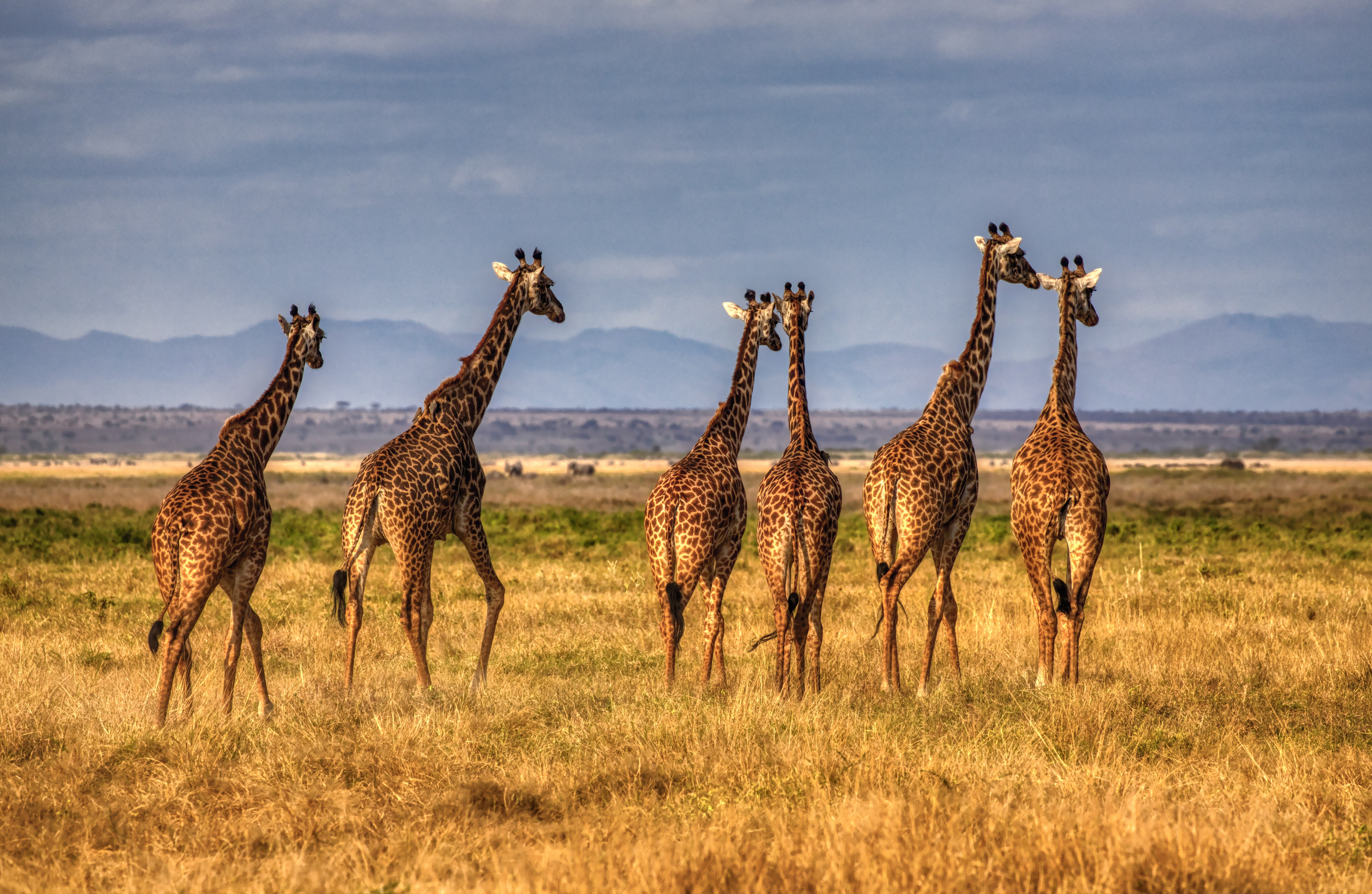Climate change will increase wildlife conflict, warns new IPCC report
Poor harvests and competition over resources cited among reasons for increased conflicts and poaching

Human wildlife conflict cases in Kenya have been on the rise in recent years, with statistics revealing even further drastic effects as a result of climate change.
The United Nations Intergovernmental Panel on Climate Change (IPCC) in February released a report which shows agricultural productivity has gone down by 34 per cent since 1961, and has resulted in increased game meat poaching.
Such a phenomenon could see communities living near national game reserves and parks engage in the illicit activity since some are not well secured. Already the Kenya Wildlife Service (KWS) has reported an increase in meat poaching in Tana River County, with other counties in Northern Kenya, and the Coastal region on high alert amidst increased poaching activities. Samburu and Laikipia county have also been mapped out as possible hunting grounds for poachers.
In July 2021, three men in Tana River were jailed for 15 years each and slapped with a fine of Ksh3 million (around GBP 20,000) for killing 187 Dik Diks.
According to Jackson Kinyanjui, a Climate and Energy expert at EED Advisory, cases of poaching will increase in places such as Lake Naivasha eco-systems and other parts of Kenya like Northern Frontier Districts.
“We are likely to see more conflict between wildlife and people. Wild animals will be encroaching on peoples’ farms in search of pasture. In the past we have seen snakes enter people’s homes in search of water. With increase in temperatures, these cases will double,” Kinyanjui said.
In Kenya most farmers practice rain-fed agriculture. Lack of applying modern technologies in farming leads to poor food production, which translates to food shortages. This could now lead to illegal bushmeat hunting.
The case is however different in the Maasai Mara ecosystem. Immanuel Kisemei, a conservationist in the Mara ecosystem says that poaching cases in the region are almost non-existent because the local communities have embraced conservation efforts by setting up private conservancies from which they gain benefits.
“The rising temperatures will definitely affect conservation as demand for pasture for both wildlife and livestock will increase. Reduced grasslands due to erratic weather is slowly making things tough for wildlife, livestock and people,” said Kisemei.
Kisemei however admits that climate change has had a negative impact on the ecosystem, especially grazing lands for wildlife and cattle. A wildlife census from 2021 shows that the elephant population in Kenya has increased by 12 per cent in just seven years.
Although this is good news for the African jumbos, there are fears of increased conflict between elephants and humans. Elephant habitats are shrinking as human population and activities increase, along with climate change and environmental degradation, among other factors, shrinking the land available for these megafauna to roam freely.
At the moment, the Amboseli ecosystem is facing serious threat from private developers who have set up farms in elephant corridors. Locals are bracing themselves for a bruising battle with the jumbos who use the corridor to connect to Chyulu Hills National Park.
Currently North Eastern Kenya is facing a serious drought that has killed hundreds of wildlife such as giraffes, antelopes, warthogs and others.
If temperatures keep on rising, more wildlife will die, especially in regions prone to drought. The situation is concerning to conservationists and government officials alike. Seasonal long rains are expected between March and May, but if these fail, more wildlife in northern Kenya will undoubtedly be lost.
There are concerns that the situation will worsen if global temperatures rise beyond 1.5 degrees, bringing more severe, and perhaps even irreversible impacts such as species extinction.
The IPCC report warns that by the year 2030, climate change will push 39.7 million Africans to extreme poverty. It is barely eight years to 2030. Experts are already urging swift action to address the imminent climate crisis in Africa.
This article is reproduced here as part of the Space for Giants African Conservation Journalism Programme, supported by the major shareholder of ESI Media, which includes independent.co.uk. It aims to expand the reach of conservation and environmental journalism in Africa, and bring more African voices into the international conservation debate. Read the original story here.

Join our commenting forum
Join thought-provoking conversations, follow other Independent readers and see their replies